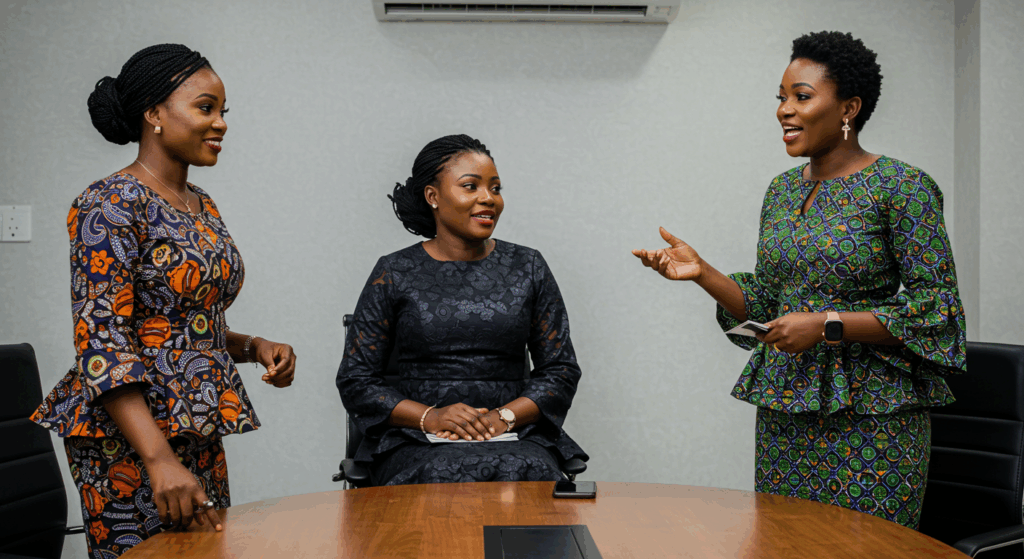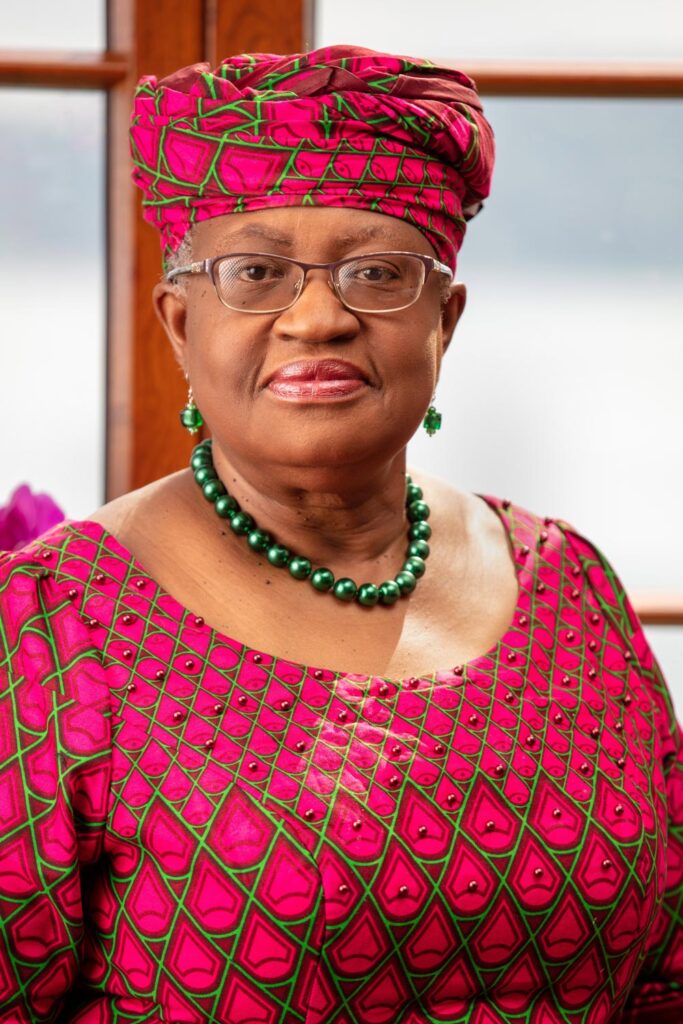By Bababunmi Agbebi
Women’s involvement in Nigerian politics has come a long way, driven by growing calls for gender equality. Despite progress, men still dominate the political scene, and efforts to close the gap face cultural, social, and structural barriers.
Women’s political inclusion began to gain some ground during President Ibrahim Babangida’s rule (1985–1993), with the creation of a women’s development agency. However, this momentum slowed under later governments. For example, during General Abacha’s regime (1993–1998), only one woman was appointed to a 36 member cabinet, and the number of female leaders remained low at the state level.
The return to democracy in 1999 sparked hope for change. Yet, deeply rooted cultural beliefs and limited exposure to gender equality ideas slowed women’s progress in politics. Gradually, global feminist movements and wider media coverage have started to shift public attitudes.

Women in the state Houses of Assembly and National Assembly, 1999-2007
| Houses of Assembly | Total Number of Seats | Men | Women | % Men | %Women |
| 1999 | 978 | 966 | 12 | 98.8 | 1.2 |
| 2003 | 951 | 912 | 39 | 96 | 4 |
| 2007 | 990 | 936 | 54 | 94.5 | 5.5 |
Source: Aluko and Arolowo(2010)
According to research by ElectHER, a non-governmental organisation championing the inclusion of African women in politics, the percentage of women who ran for parliamentary seats in the 2023 elections in Nigeria is lower than previous years and lower than both 2015 and 2019 elections.
It said for the Senate, the percentage of women running decreased by four percent in 2023 compared to 2019. Only 8.6 percent were female candidates compared to 12.3 percent in 2019. For the senatorial seats across the geopolitical zones, only 92 were women of the 1,068 candidates.
In recent years, more Nigerian women compared to pre-democracy in 1999 have taken on leadership roles in government and advocacy. They face many challenges including political party resistance, religious norms, and balancing work and family life but they are making real progress. Slow but gradual.

Despite these challenges, trailblazers like Dr. Ngozi Okonjo-Iweala, former Finance Minister and current Director-General of the World Trade Organization, and Amina J. Mohammed, Deputy Secretary-General of the United Nations, have become global icons. Other notable figures include Obiageli Ezekwesili, Daisy Danjuma, and Ann-Kio Briggs, all of whom have championed issues from education and environment to women’s rights.
Women leaders are not just gradually rising in numbers, they are making a difference. For example, in 2024, Uju Kennedy-Ohanenye, former Minister of Women Affairs, spoke out against child marriage, calling for stronger laws to protect girls and promote development.
Beyond politics, Nigerian women are leading in business and technology. In industries like fintech, healthcare, and education, women are launching startups and solving critical social problems.
As more Nigerian women step into leadership, they are challenging old views of what leadership should look like. Instead of power and control, they bring empathy, collaboration, and a focus on community. In doing so, they’re not only changing politics they’re helping shape a better future for Nigeria.








